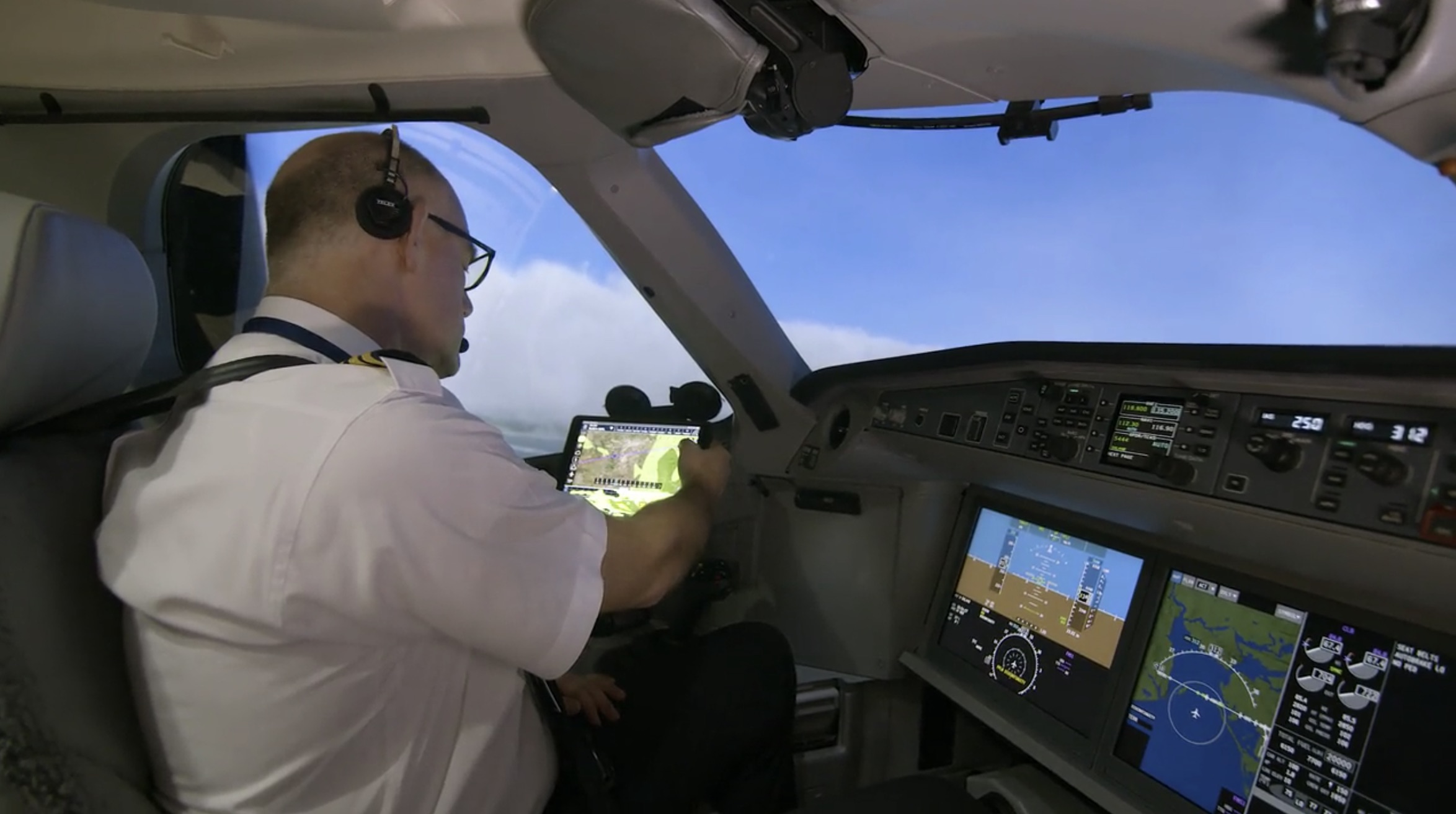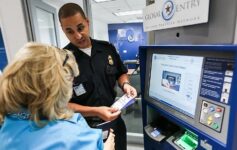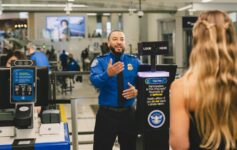
A Delta Air Lines pilot is suing his employer, claiming the airline stole his intellectual property in the form of crew messaging app in order to create a competing app that has “conservatively” saved the company over $1 billion.
Techie Pilot Sues Delta Air Lines For Stealing His App
In his lawsuit filed in a Georgia State Court in Atlanta, Captain Craig Alexander claims he developed an app called QrewLive that was aimed a facilitating conversation between crew members, particularly when flights were disrupted. He claims to have spent over $100,000 of his own money developing the product.
After a power outage in 2016 cost Delta $150 million, Alexander emailed CEO Ed Bastian, telling him that he had a solution. He was referred by Bastian to Delta Chief Information Officer Rahul Saman (both named in the lawsuit), and a multi-year discussion began on Delta utilizing and acquiring Alexander’s QrewLive app.
The lawsuit claims the Delta suddenly broke off discussion and in 2018 launched Flight Family Communications, a “carbon copy, knock-off of the role-based text messaging component of Craig’s proprietary QrewLive communications platform.”
Alexander notes both Bastian and Saman have talked publicly about the value of the app and arrived at his amount in controversy, arguing “based solely upon operational cost savings to Delta, conservatively exceeds $1 billion.”
However a Delta spokesperson takes issue with the facts alleged in Alexander’s complaint:
“While we take the allegations specified in Mr. Alexander’s complaint seriously, they are not an accurate or fair description of Delta’s development of its internal crew messaging platform.”
Still, Alexander’s lawsuit will move forward and he is also seeking punitive damages.
“To add insult to theft and injury, Captain Craig Alexander must use his stolen QrewLive text messaging platform every day while he works for Delta. Each time he looks at the FFC app, he is painfully reminded that Delta stole his proprietary trade secrets, used them to Delta’s enormous financial benefit.”
CONCLUSION
Unlike many of the lawsuits in which a disgruntled employees sues their airline, this case is much more persuasive, if the facts verify the allegations. While it isn’t clear based upon the complaint filed, this will be an interesting case to watch.




My prediction: Lawsuit settles in the $10-150M range, Alexander wins, Delta wins, the taxpayers indirectly foot the bill.
I think I always think of the guy who apparently came up with the intermittent windshield wiper design and then the car makers stole it and he spent years suing them and ended up with very little.
While there are often a lot of false claims, I feel bad for those that can’t stand up to the larger companies and get a fair deal.
$100K sounds like a lot of money for an app. I’ve done minor apps just to play around and it wasn’t too hard. Unless this guy had no real tech skills and paid someone else $100K, I’m not sure where the money would have gone.
Waiting to see how the cult of delta fanboys spin this into another example of how much “better” they are.
Having actually worked for Delta and looked into this very thing, there was a not well known clause that stipulated any IP developed whilst working for Delta belonged to Delta… I hope he wins but 1 billion seems unlikely…
Oli, There are several cases that prove your point. However one of the over-riding points in those cases is that usually those developments were directly related to their job. Capt. Alexander is not a tech guy or in the IT department. He was not hired as an IT guy and it wasn’t in his job description and the app was not tied directly to his doing his job. The fact that he was talking and negotiating with the company on using this app and then Delta breaks off negotiations with him and brings out an app that is almost totally identical to his app lends credence to Capt Alexander’s claim. This action on the part of Delta looks like many similar cases in the tech world. Negotiate, get all the relevant data you can, develop your own and cut the other guy out. In similar situations, companies like Delta would have brought out the Intellectual properties clause, given him credit for the app and paid a bonus. Sounds like the company brass wanted to enhance their company stock holdings.